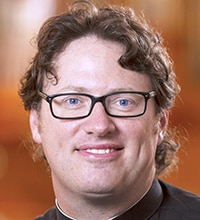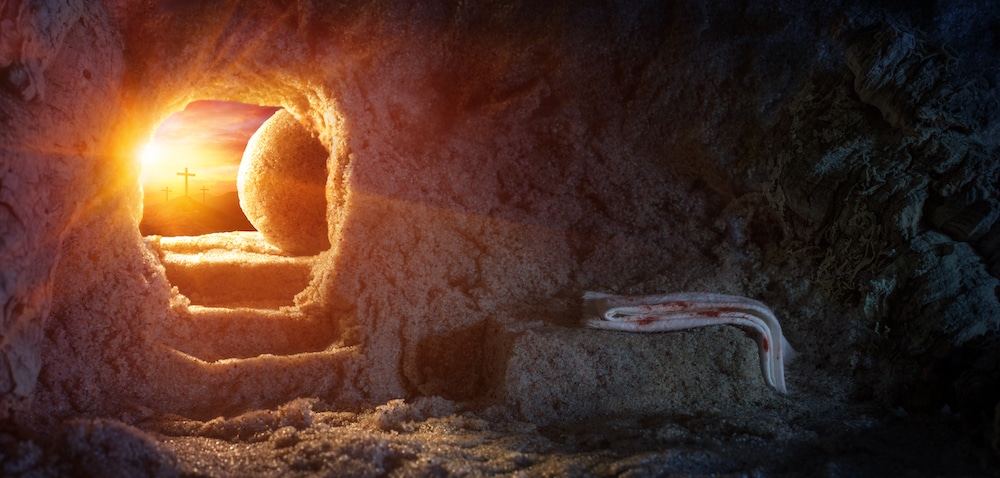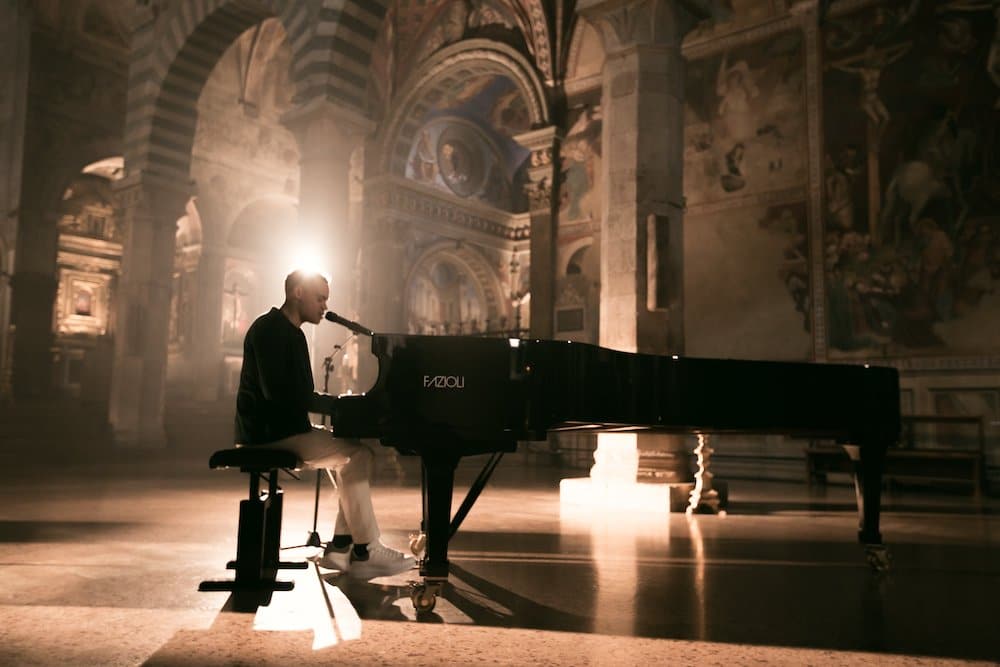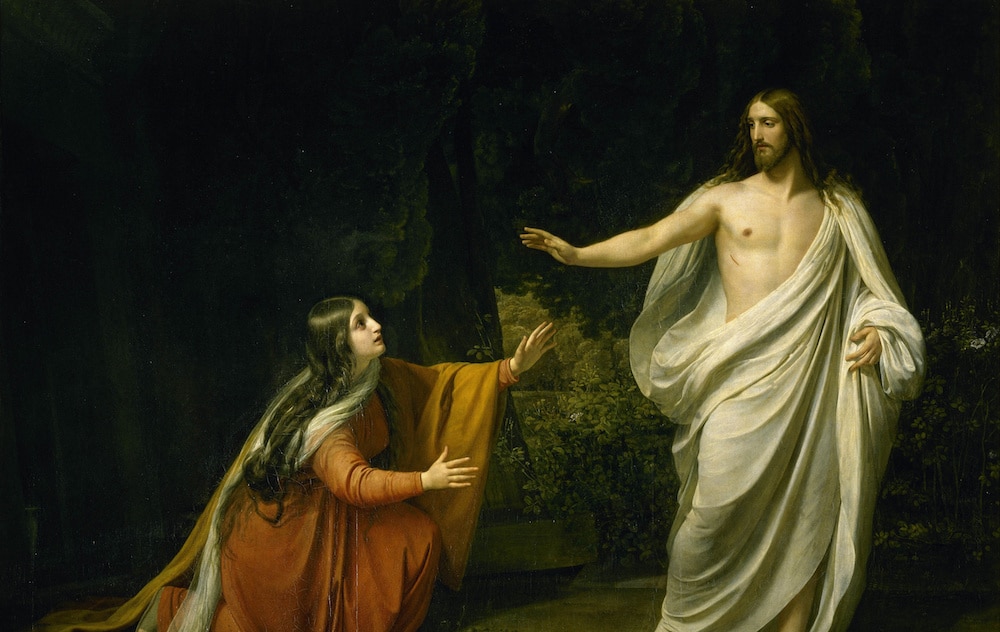 Sitting in the dark, if someone turns the lights on, the sudden brightness of the light at first disorients, confuses. As waking from a deep sleep, it takes a second or so for the eyes to adjust, to see what the darkness hid. So it was with that first Easter. So it is with ours.
Sitting in the dark, if someone turns the lights on, the sudden brightness of the light at first disorients, confuses. As waking from a deep sleep, it takes a second or so for the eyes to adjust, to see what the darkness hid. So it was with that first Easter. So it is with ours.
The resurrection of Jesus — experiencing it powerfully, authentically — will disorient, existentially inebriate and turn things upside down. The light “shines in the darkness, and the darkness has not overcome it” (Jn 1:5). Light is an invading goodness; darkness is helpless, destined to destruction.
We sit in darkness: Nicodemus with his midnight questions (cf. Jn 3:2), Mary Magdalene in love and in tears at the tomb “while it was still dark” (Jn 20:1), you and me in sin and ignorance and creaturely wonder. “For you were once in darkness, but now you are light in the Lord,” Paul wrote (Eph 5:8). But becoming light takes time: like the blind man at Bethsaida, often we begin to see things only slowly. “Do you see anything?” Jesus asked him. “I see people looking like trees and walking.” Jesus had to lay hands on him a “second time” (Mk 8:23-25). That’s just what it’s like sometimes to experience the Lord, his resurrection and deathless grace. God sometimes must repeat grace. Because often we don’t immediately understand; rather, confounding experience comes first.
| April 9 – The Resurrection of the Lord, The Mass of Easter Day |
|---|
|
Acts 10:34, 37-43 |
Such, I take it, was the experience of Peter and John, Mary Magdalene too. She thinks at first Jesus’ body has been stolen; that’s why she runs to Peter and John. Her witness at this point is full of love but also full of misunderstanding. Peter sees the empty tomb and the burial cloths; John sees them too and “believes” — not in the resurrection of Jesus but simply in Mary’s report (cf. Jn 20:8). Luke says Peter was “amazed” and went home (Lk 24:12). John says, “For they did not yet understand” (Jn 20:9). Easter — and this is the point — is at first a disorienting thing, for us, too.
The risen Lord first blinded Paul; only later did he see (cf. Acts 9:1-19). And that’s another point: at first, you may not understand Easter, you may not get it. But that simply may be due to the fact that you have yet fully to experience Jesus’ resurrection; or, maybe up to this point, your whole of your spiritual life has been but like that early Easter morning, a powerful faith experienced but undeveloped, lacking understanding.
But what does this mean? First, it means that genuinely to experience Easter as more than a mere holiday, one must discover and experience the disorienting power of the Resurrection, its dizzying grace. But how does one go about that? Here learn from Mary Magdalene who loved Jesus so much she was willing to look for him anywhere — even a tomb, even dangerously in the dark. Get to know Jesus so much that you fall in love with him as deeply and as riskily as she did. Then, you’ll certainly feel it; then, you’ll certainly feel the grace.
But it also means that we open ourselves to the transforming truth and grace of Easter and that we allow ourselves to relearn what it means to live resurrected lives. Again, the writer of Ephesians: “Live as children of light. …Try to learn …” (Eph 5:8, 10). Paul wrote that we should not be conformed to this age but instead be “transformed” by the renewal of our minds (cf. Rom 12:2). That is, following the often quite disorienting experience of the Resurrection comes the education of the Resurrection, learning how to live anew in light of the fact that we will not die and be dead forever but instead live forever; learning what that means, that death has no sting, living without that sin born of fear (cf. 1 Cor 15:55) — that is, raised with Christ, one can now “seek what is above,” thinking not of earth but of heaven, for now our lives are “hidden with Christ in God” (Col 3:1, 3).
So, where are you? Do you know the power of the Resurrection? Have you even been confronted or confused by the astounding grace of it? If not — or, if not in a long while — struggle to love Jesus as Mary Magdalene loves him, so powerfully you’ll seek him anywhere. But then open yourself to the education of the Resurrection. Ask the Holy Spirit to teach you where your faith in the risen Jesus should destroy whatever fears or petty hatreds remain in your heart. Ask the Holy Spirit to teach you how to live — by faith in the Resurrection — like heaven is real. Ask to be converted by Easter’s grace.
And we can do this, even these many centuries after the fact, because the thing is, you see, it’s still Easter morning — mystically, liturgically. That’s why you should go to Mass, to be there mystically. Because the power is still there, still present; it’s still real, the wisdom too. Which is why in church, at prayer, in your heart, you should just go stand by Mary Magdalene and ask her. Because she’ll teach you.
Father Joshua J. Whitfield is pastor of St. Rita Catholic Community in Dallas and author of “The Crisis of Bad Preaching” (Ave Maria Press, $17.95) and other books.







